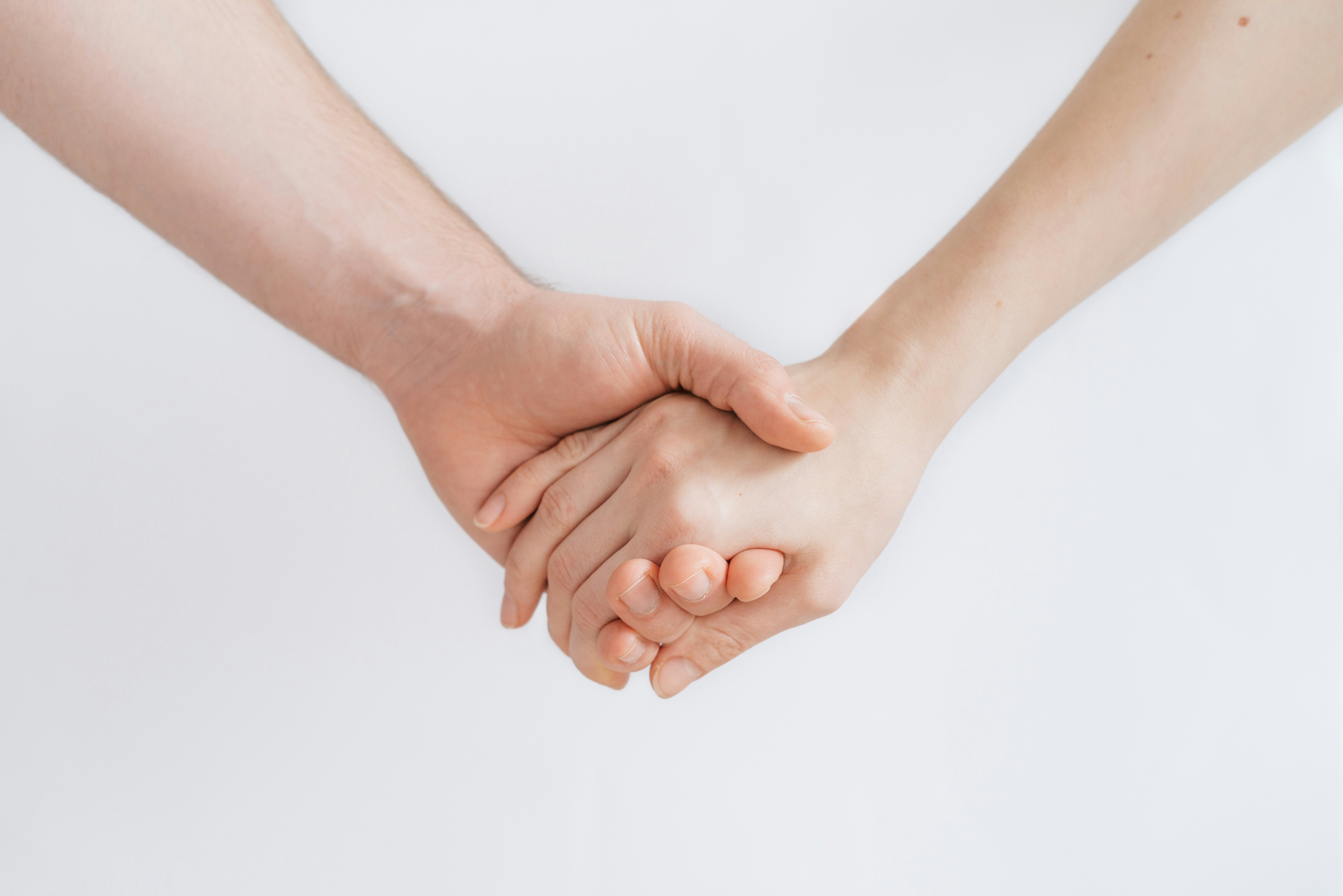
- 10 Sep 2025
- Law Blog
- Personal Injury & Medical Negligence
When people think about personal injury claims, they often focus on compensation – and understandably so. But one of the most important and sometimes overlooked aspects of a claim is rehabilitation. In fact, the law recognises that supporting your recovery is just as vital as financial redress.
At Sills & Betteridge, we believe that helping our clients get back on their feet, both physically and emotionally, should be at the heart of every personal injury case.
What is Rehabilitation in a Personal Injury Claim?
Rehabilitation refers to any support, treatment, or therapy that helps you recover from your injury and return to as normal a life as possible. This can include:
• Physiotherapy
• Occupational therapy
• Counselling or psychological support
• Medical aids or equipment
• Home adaptations
• Help with returning to work
The ultimate goal is to maximise your independence and quality of life following an accident or injury.
How Does the Process Work?
From the outset of your claim, we will assess not just the injury itself, but how it’s impacted your day-to-day life, work, and future prospects. If it’s clear that early intervention could help, we may seek to arrange rehabilitation as soon as possible.
In some cases, this can be done under the Rehabilitation Code 2015 – an agreement between solicitors and insurers designed to ensure that injured people receive the treatment they need without delay, even before liability has been admitted.
This can be hugely beneficial, especially where NHS waiting lists are long, or where immediate support can prevent your condition from worsening.
Who Pays for Rehabilitation?
If we are pursuing a claim on your behalf and rehabilitation is needed, we can often arrange for the defendant’s insurers to fund the treatment, provided it is reasonable and necessary.
Even before your case settles, we can often request an interim payment – a partial payout – to help cover immediate medical or therapy costs.
Our priority is to ensure you are not left struggling or delayed while the legal process continues in the background.
Rehabilitation Can Strengthen Your Claim
While the focus of rehabilitation is your recovery, it can also help the legal side of your claim in several ways:
• Medical evidence: Treatment notes and progress reports can support your claim by showing the seriousness of your injury and your efforts to recover.
• Reduced long-term losses: The sooner you’re able to return to work or normal life, the less your financial losses may be – and that can help resolve the claim more efficiently.
• Demonstrating reasonableness: Courts expect injured parties to take reasonable steps to recover. Engaging with rehab shows you're doing everything you can to move forward.
Every Recovery Journey Is Different
We understand that every client’s situation is unique. Some people bounce back quickly with minimal support, while others face long-term challenges that may require multi-disciplinary care.
Our job as solicitors is not just to push for a financial settlement, but to ensure that your individual needs are properly assessed and met. That includes seeking expert opinions, arranging case managers, and securing appropriate treatment at the right time.
If you have suffered a personal injury, your health and wellbeing should always come first. The legal process is there to support your recovery – not just to compensate you after the fact.
If you are thinking about making a claim and want to speak to someone about rehabilitation options and support, don’t hesitate to get in touch with our expert team at one of our offices.




 Jemma Burt
Jemma Burt